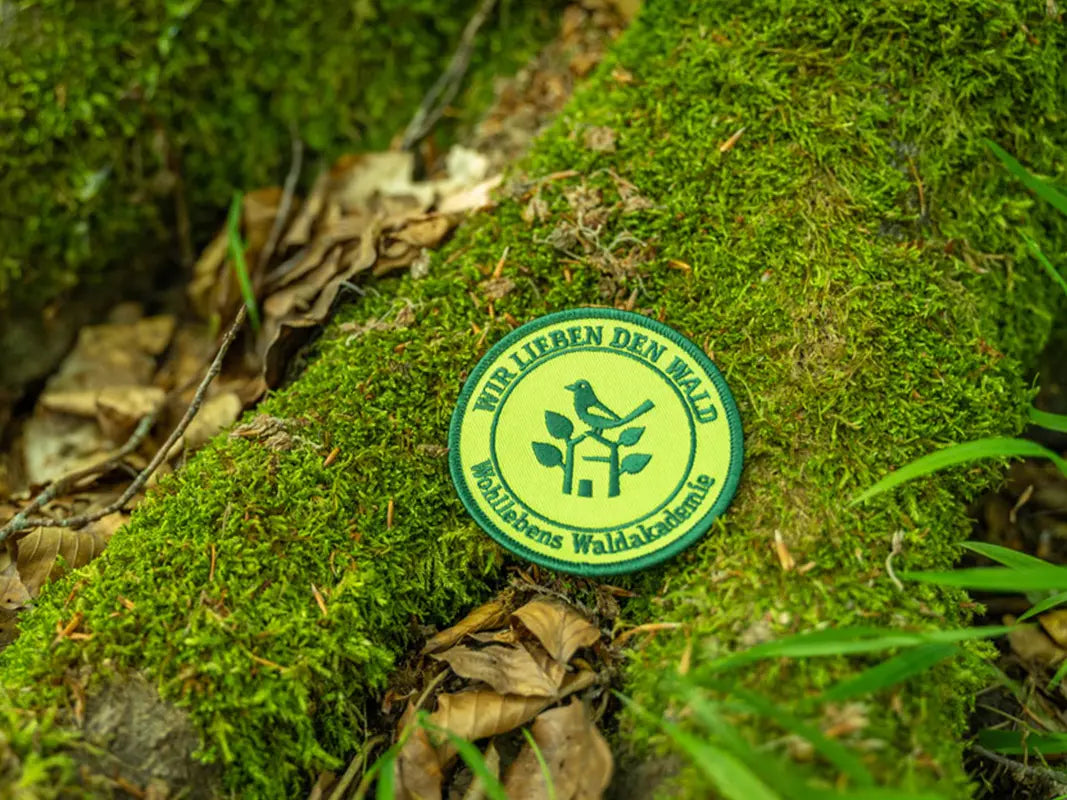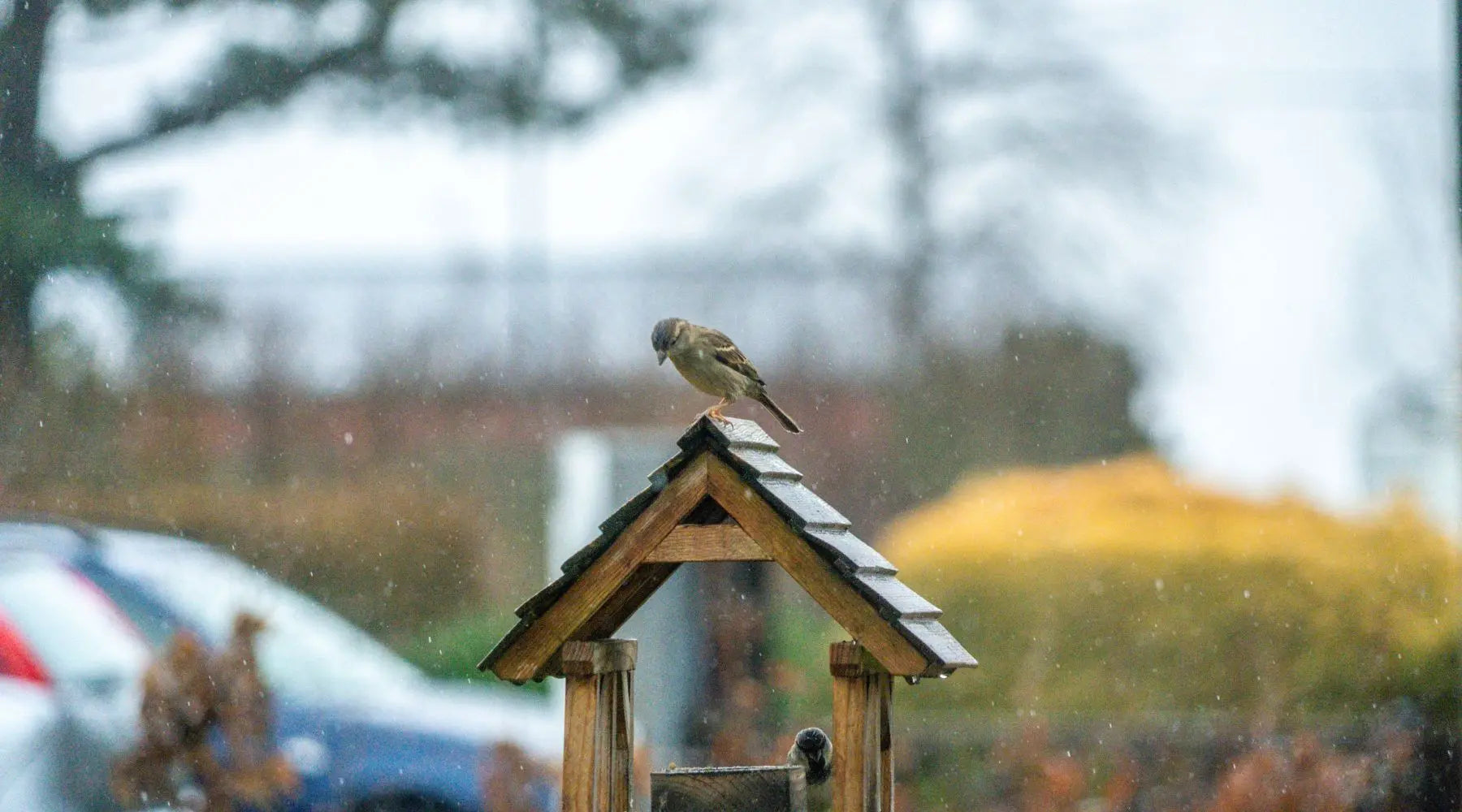With the UrwaldProjekt (Urwald Project), we operate Germany's leading forest conservation project together with thousands of supporters. The demands placed on the forests for this project are particularly high – which is why we now have the opportunity to track the development of Germany's oldest and most ancient forests over the next 50 years. At least, those that we have already been able to include in the project.
Initial inventory
In the spring of this year, we conducted a forest inventory in the project areas in Lohmar for the first time. This meant counting, measuring, and identifying trees at various sampling points.
We have now compiled the results of this survey for you. What's particularly exciting for us is not only the trees' advanced age, but also their high biomass reserves. Biomass is particularly important for forests, especially in times of climate change.
- Forests with a lot of biomass cool their surroundings better
- Forests with a lot of biomass store particularly large amounts of CO₂
- Forests with high biomass are likely to be more resilient to extreme weather
Large CO₂ storage
The forests in the project area in Lohmar store about twice as much CO₂ as the average forest in Germany. In the coming years, an additional 8 m³ per year and hectare are expected to be added each year.
Theoretically large compensation performance
According to common calculation methods, the offsetting capacity amounts to approximately 85 kg of CO₂ per square meter of project area. We have already factored in a 40% buffer. Nevertheless, in our opinion, forest projects are not suitable for offsetting emissions. Currently, temperatures are expected to continue to rise with climate change. This poses significant risks for forest projects. If trees die, burn, or grow more slowly than predicted, large amounts of CO₂ can be released back into the atmosphere. Furthermore, the focus on CO₂ often ignores biodiversity and other factors that are already of key importance.
Rewilding instead of compensation
Even though the UrwaldProject stores large amounts of CO₂ and makes an important contribution to biodiversity conservation, it is not intended to be a carbon offset project. With your help, we want to give something back to nature—not to clear our consciences, but to preserve one of the most fascinating ecosystems on our planet.










Leave a comment
All comments are moderated before being published.
This site is protected by hCaptcha and the hCaptcha Privacy Policy and Terms of Service apply.